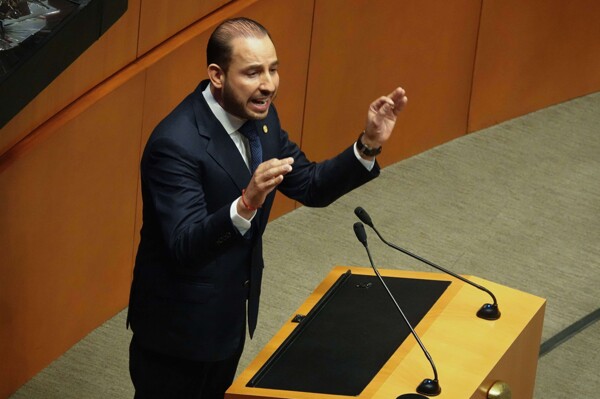
After the project presentation by Juan Luis González Alcántara Carrancá to declare part of the judicial reform of the 4T unconstitutional, his colleague Alfredo Gutiérrez Ortiz Mena resigned on Tuesday as a member of the highest court. In his announcement, Ortiz Mena expressed that he does not see himself as a 'suitable' candidate to compete in the 2025 elections and his resignation will be effective from August 31, 2025, emphasizing that this does not imply support for the constitutionality of the reform.
The minister explained: 'I am facing a constitutional reform that shortens the term for which I was invested.' He added that his resignation is not like someone abandoning an unfinished task, but as someone who understands that public offices are temporary and must be performed with dignity during their duration. The confirmation of his departure comes at a time when speculation is growing about the possible resignation of seven other figures from the Court in the coming hours, reinforcing the theory of a 'Salomonic exit' proposed by González Carrancá.
In a letter sent to the Senate president, Gerardo Fernández Noroña, the minister stated: 'I do not consider myself a suitable candidate for a position that depends on popular support.' These internal movements within the Court are related to the project presented by González Carrancá to declare the popular election of judges and magistrates unconstitutional, but allow the popular election of the Supreme Court and Electoral Tribunal seats. The proposal defends the permanence of the main offices of the Judiciary and accepts the proposed changes for the Supreme Court.
The project has been interpreted as a 'Salomonic' solution by judicial operators, as it is seen as defending the Judiciary while simultaneously being a gesture towards the ruling party. Ortiz Mena's resignation could be viewed similarly, as a victory for the judicial family and for the 4T.














